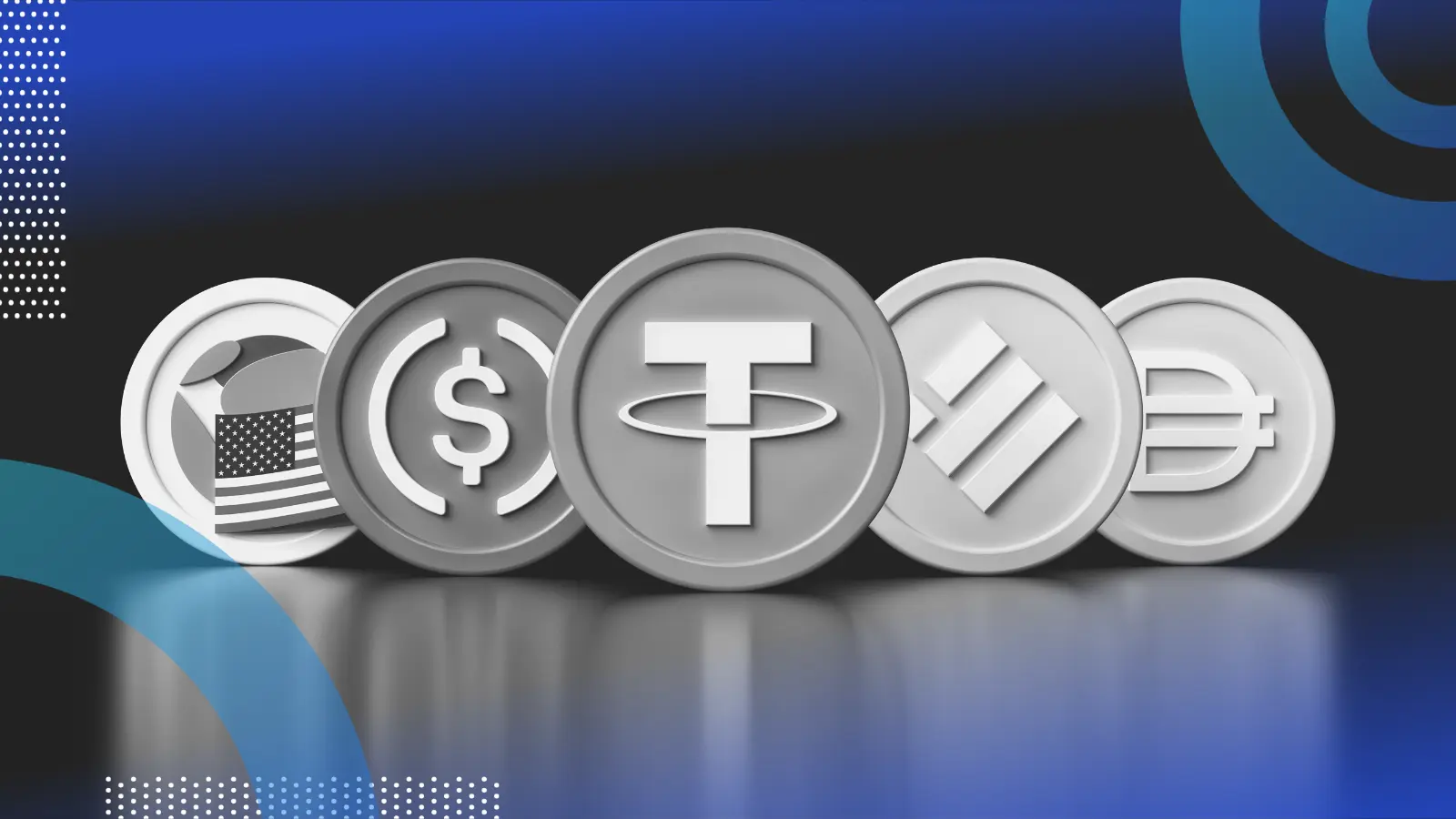The U.S. Senate is under increasing pressure to take swift action on stablecoin regulation amid projections of massive market expansion. Lawmakers are being urged to formally debate the GENIUS Act, which aims to establish a regulatory framework for stablecoin issuers nationwide.
Coinbase CEO Brian Armstrong leads the efforts to push Senate approval of the bill while the House gains momentum behind FIT21. GENIUS Act creates a federal licensing framework and establishes specific reserve requirements yet allows smaller entities to operate under individual state supervision.
The proposed legislation establishes federal monitoring rules for substantial stablecoin companies to conduct intensive reviews of major financial institutions. The law establishes consumer protection through requirements that issuers establish appropriate backing reserves for their coins.
Also Read: BlackRock Overtakes Strategy With Massive $58B Bitcoin Accumulation
According to supporters, clear legislation has become essential for the United States to keep its leading position in digital finance. The absence of precise regulations about stable digital assets produces confusion for companies and consumer participants about these assets.
Stablecoins Projected to Reshape Financial Landscape and Challenge Banks
According to a new report from the U.S. Treasury Department, the stablecoin market could grow from $230 billion to $2 trillion by 2028. This growth is expected from greater institutional demand, expanding real-world use cases, and increased tokenization of financial assets.
The report identifies several dangers that could affect banking operations. The backing system of stablecoins uses short-term government debt, so increased usage could drain funds from traditional bank deposit accounts.
Under this shift, higher deposit rates and different customer retention methods might become necessary procedures for banks. Treasury officials predict stablecoins will challenge banks for market supremacy while fostering new paths for U.S. dollar expansion worldwide.
Lawmakers face an urgent deadline to pass legislation because the Senate demands a minimum of 60 votes to move forward before the August recess begins. Key stakeholders within the industry and government officials are pushing for immediate legislation passage to establish stability in an increasingly dynamic digital economic system.
As stablecoin adoption accelerates, Congress faces a critical decision point. With market growth projections soaring, Senate action may define the future of U.S. financial innovation.
Also Read: Ethereum on Edge—Why Coinbase Suddenly Locked ETH Transfers Today

